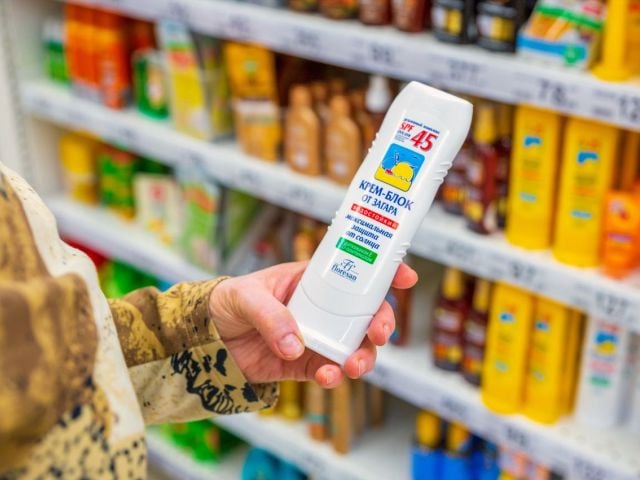OAKLAND, Calif., Dec. 23 — A consulting firm hired by Pacific Gas & Electric Co. (PG&E) to fight the "Erin Brockovich" lawsuit distorted data from a Chinese study to plant an article in a scientific journal reversing the study's original conclusion that linked an industrial chemical to cancer, according to documents obtained by Environmental Working Group (EWG).
The Wall Street Journal reported today that the San Francisco-based consultants, ChemRisk, "conceived, drafted, edited and submitted to medical journals" a "clarification" of the Chinese study, according to documents filed in another chromium lawsuit against PG&E. They did so despite a letter of objection from the Chinese scientist who led the original study, calling their reversal of his findings an "inappropriate inference."
Through the state Public Records Act, EWG has obtained many of the documents cited by the Journal. They are available at www.ewg.org.
In the Brockovich case, residents of Hinkley, Calif., sued PG&E for dumping chromium-6 in their drinking water. In 1997, PG&E paid $333 million to settle the case, but another lawsuit against the company over chromium pollution is set for trial next month.
The fraudulent article has influenced chromium regulations by state and federal agencies, including the Environmental Protection Agency. ChemRisk, perpetrator of the deception, continues to work for corporate and government clients including the Department of Energy and the Centers for Disease Control.
The article was published in the peer-reviewed Journal of Occupational and Environmental Medicine. EWG has written the journal's editors urging them to set the record straight and bar the scientists who were involved from its pages.
"The scientific community must be notified that a paper circulating in the published literature is fraudulent, the paper must be retracted, and those responsible for the incident must be appropriately disciplined," EWG Senior Vice President Richard Wiles wrote to the journal.
EWG has also written the Centers for Disease Control, which recently renewed ChemRisk's multi-million dollar contract for a key project at the Los Alamos National Laboratory, urging the agency to take prompt action against the company.
"ChemRisk's current contract must be cancelled and the firm barred from seeking future contracts from the CDC or other government agencies," wrote Wiles.
The documents obtained by EWG show that ChemRisk employees — with the knowledge of PG&E's attorneys hired one of the original study's authors as a "consultant," and conducted a new analysis of his data that deliberately ignored evidence of an association between stomach cancer and chromium-6 in drinking water. They then wrote and submitted the article for publication without disclosing that they worked for ChemRisk or that PG&E had paid for the new "study." Nowhere in the published article are the names of the ChemRisk employees who worked on it, or any indication that it was part of PG&E's legal defense strategy.
The founder and president of ChemRisk is Dennis Paustenbach, who has made a career of consulting for big polluters including PG&E, ExxonMobil and Dow Chemical. In 2002, his appointment to a federal committee on the health effects of chemicals was blasted by independent scientists as part of a Bush Administration pattern of packing environmental panels with industry-friendly experts.
###
EWG is a nonprofit research organization based in Washington, D.C., that uses the power of information to protect human health and the environment.


